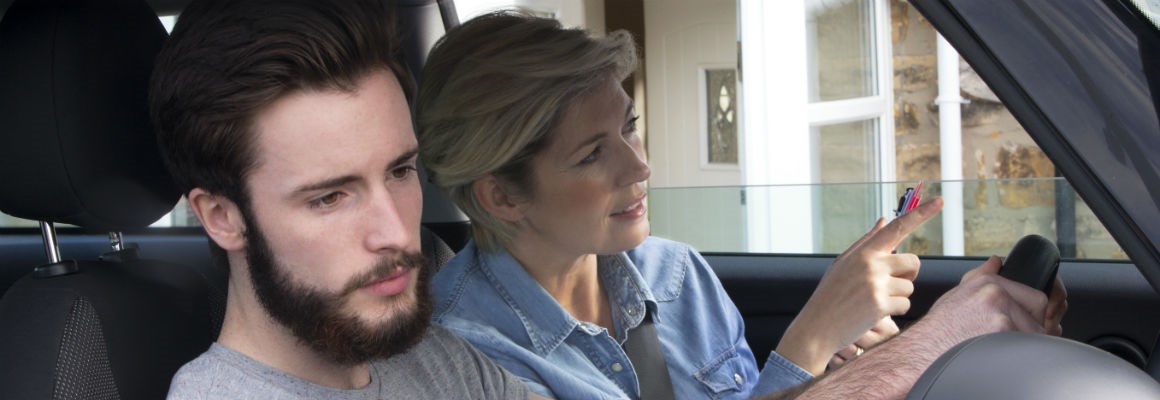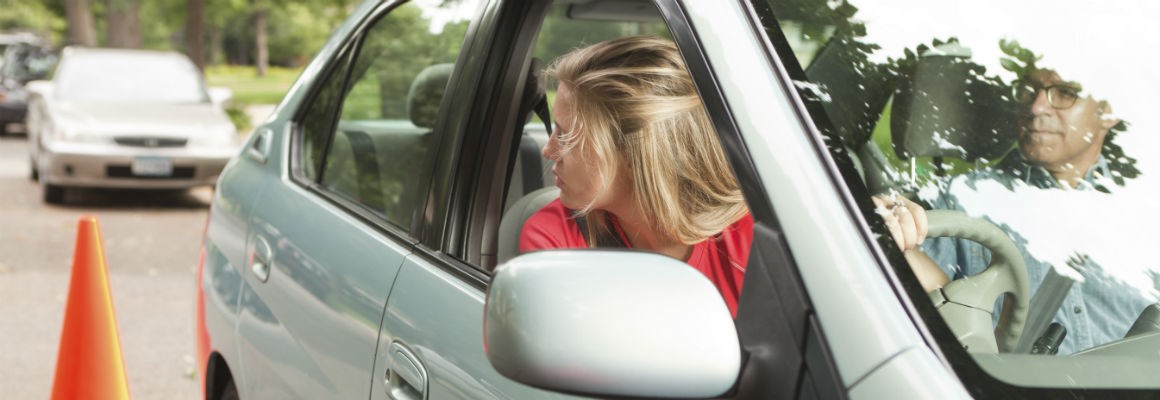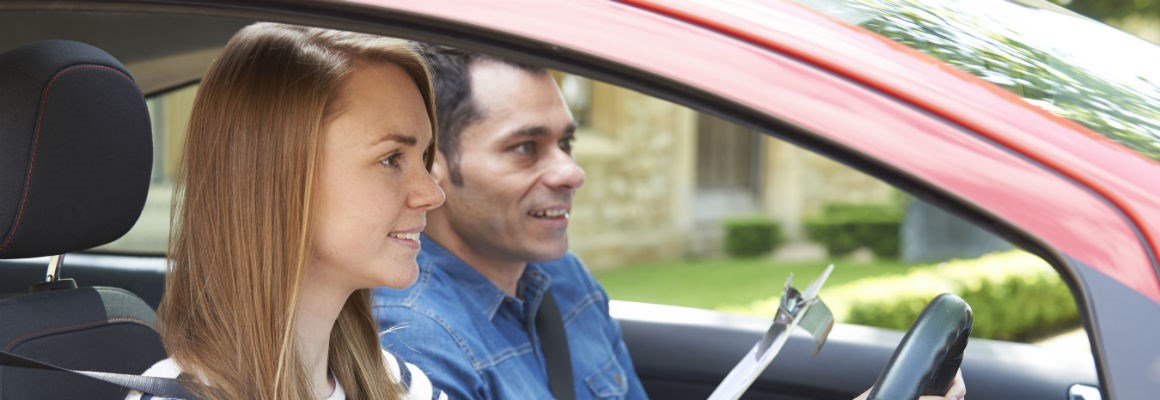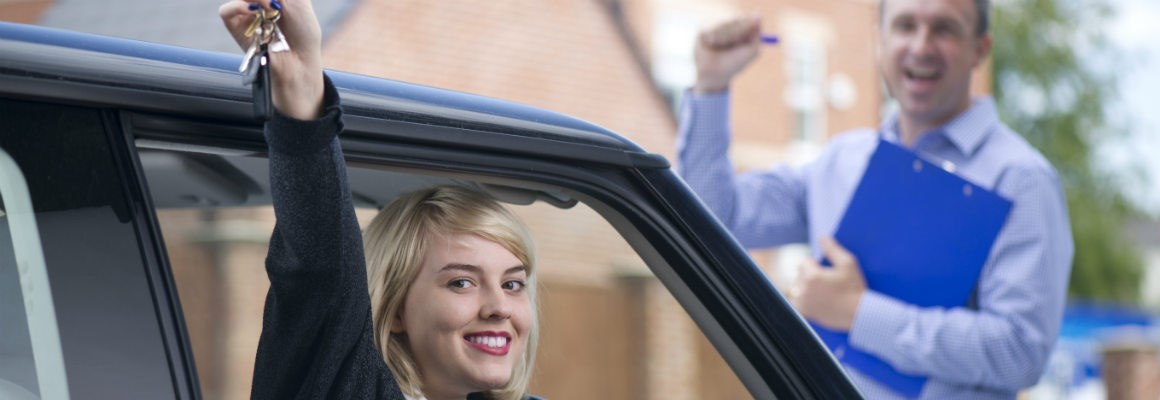Practical driving test guide
Five tips to help you pass
Passing your driving test is your key to the freedom of the open road. So, here are our top tips for giving yourself the best chance of making the grade.

1. Practice, practice, practice
The average person who passes their practical driving test in the UK has had 47 hours of professional driving training, as well as 20 hours of private practice.
This is proof that that a successful driving test means putting the hours in. Also remember that you will need to have passed your driving theory test, which costs £23, before you can book in your practical test date.
Rushing to book your test as quickly as possible after you start learning to drive may seem like a good way to save money, but you may end up throwing away the £62 fee because you’re not ready.

2. Know your faults
During your test, the examiner will be looking out for errors in your driving, and how many you make determines whether you pass or fail.
There are three types of fault you can make:
- A dangerous fault: A driving error that poses a risk to you, the examiner, other road users or property.
- A serious fault: Doing something that could potentially be dangerous in certain circumstances.
- A driving fault: Sometimes called ‘minor faults’, these are bad habits, which, while not necessarily dangerous, might make driving less comfortable for you, your passengers and other road users.
Pick up even a single dangerous or serious fault during your test and you will fail. You’re allowed up to 15 driving faults in total, but be careful - repeat the same small mistake too many times and it might add up to a serious fault.

3. Get to grips with the test format
Every practical driving test lasts about 40 minutes, and has the same basic elements. Practice these with your driving instructor until you know them inside out:
- Eyesight check: You’ll need to read a number plate from 20 metres away.
- Independent driving: In this section, you’ll need to drive for 20 minutes without turn-by-turn directions from the examiner.
- Following directions from a sat nav: During the independent driving part of the test, four out of five learner drivers will be asked to follow directions from a sat nav. Note that one in five drivers will be asked to follow traffic signs instead, and you won’t know which one you’ll be doing until the day of the test. If you’re not sure where you’re going, you’ll be able to ask the examiner to confirm, and it won’t matter if you go the wrong way unless you make a fault while doing so.
- General driving ability: You’ll need to be able to follow the examiner’s directions through various roads and traffic conditions, but not motorways. During the test, the examiner will ask you to make a stop at the side of the road, and to pull out from behind a parked vehicle. You’ll be asked to do a hill start, and may also need to make an emergency stop.
- Reversing your vehicle: You will need to make one of three reversing manoeuvres. 1. Parallel park at the side of the road 2. Park in a bay (either by driving in and reversing out, or reversing in and driving out) 3. Pull up on the right-hand side of the road, reverse for two car lengths and rejoin traffic
- Answer a ‘show me, tell me’ vehicle safety question: At the start of your test, before you start driving, the examiner will ask how you’d carry out a safety task – this is the ‘tell me’ question. While driving, you’ll then be asked the ‘show me’ question, e.g. showing how to wash the windscreen.

4. Bring everything you need on the day
Before you can even leave the test centre car park, you’ll need these things:
- Your UK provisional driving licence
- Your theory test pass certificate

5. Stay calm
Keeping a cool head can be the difference between success and failure, but how do you stay calm on your driving test? Follow these steps to give yourself the best chance of making your test as stress-free as it can be:
- Avoid booking your test at a time when other stressful things are happening in life, such as exams or moving house
- Get a good night’s sleep the night before
- Aim to arrive at the centre around 15 minutes early, so you’re not in a rush, but not waiting too long
- Think positively - tell yourself you’re going to pass and focus on that, instead of worrying about failing
- Avoid drinking alcohol the night before
Good luck!
Source: gov.uk
What’s next when you pass? Read more about applying for your full driving licence
Find out more about car insurance from Swinton...
- Car Insurance - Choose from a flexible range of standard and specialist car insurance policies
- Young Drivers - Young driver or newly qualified?
- Breakdown Cover - Flexible cover to help get you back on the road
Looking for something else?